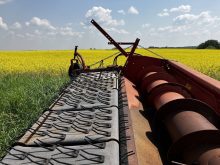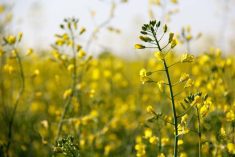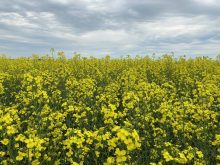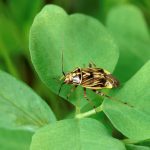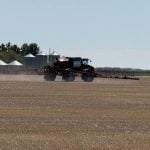The illegal trade in counterfeit pesticides, often by organized gangs, has grown into a multimillion-euro industry in Europe, according to an Aug. 25 story in the Wall Street Journal.
The story cites an example of 28 tonnes of counterfeit pesticides destined for Lithuania seized in Hamburg, packed alongside labels and measuring cups purporting to be made by Bayer, Syngenta and DuPont.
The products, often made in Asia, actually contained more than 30 per cent of a solvent called dimethylformamide, which is banned in Europe because it is suspected to cause serious harm to pregnant women.
Read Also
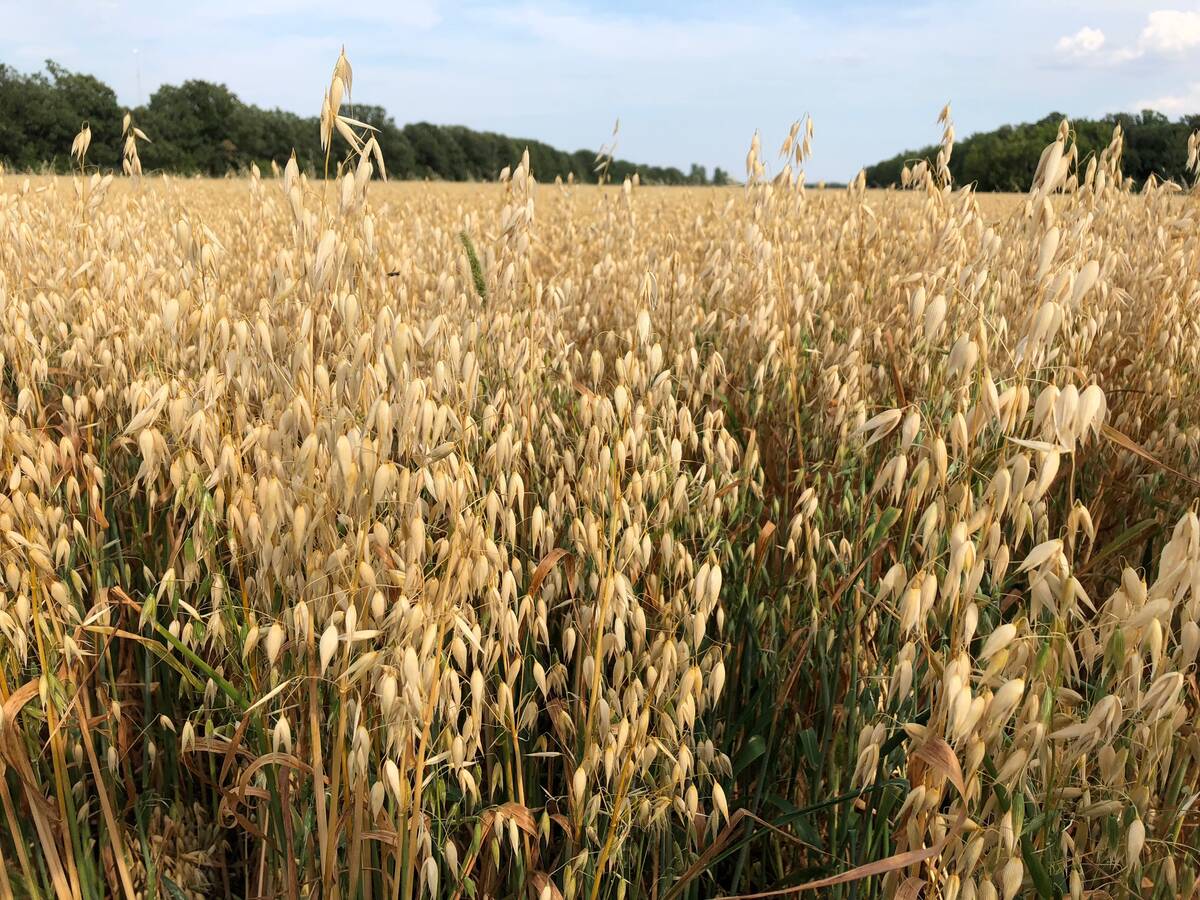
Big oat crop in 2025/26 pointing to less acres next year
Oat acres in Canada are likely to recede this spring with cash prices to remain low, said Scott Shiels, grain procurement manager for Grain Millers Canada in Yorkton, Sask.
While the imports are illegal, the story says cumbersome regulations make it difficult to seize the shipments. For example , the companies whose products have been counterfeited are responsible for storage of seized product and for taking legal action against the counterfeiters.
According to data from the European Crop Association, which represents the herbicide industry, estimates peg sales of illegal pesticides in Europe at anything from 400 million to 1.2 billion euros (C$567 million to $1.7 billion), or between five and 15 per cent of the total EU pesticides market.
The WSJ story says that in some parts of Eastern Europe, illegal pesticides could make up as much as 50 per cent of the total market.
Farmers who responded to a questionnaire from the European Business Association in Kiev on behalf of the WSJ said that half had bought counterfeit pesticides in the past — a fifth of them knowingly, because they are cheaper than the branded goods or because they didn’t realize the risks.
In 10-20 per cent of cases, farmers said they lost their entire crop because of the chemicals.





